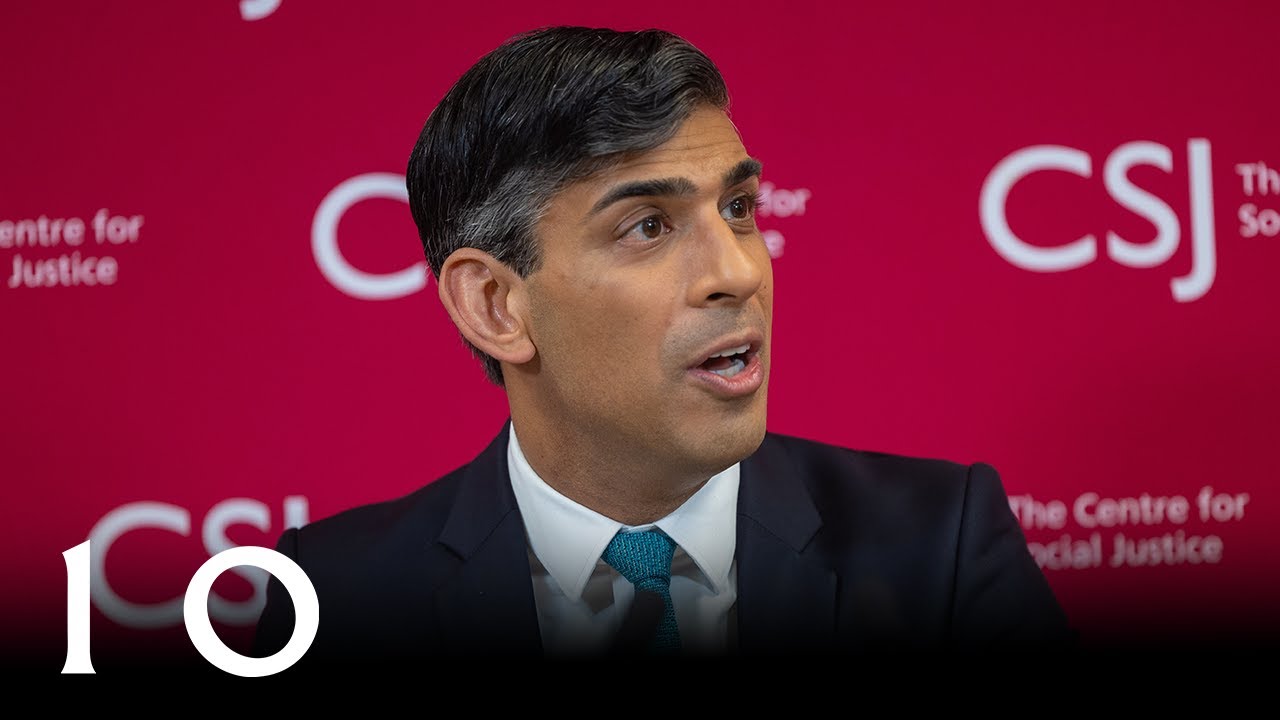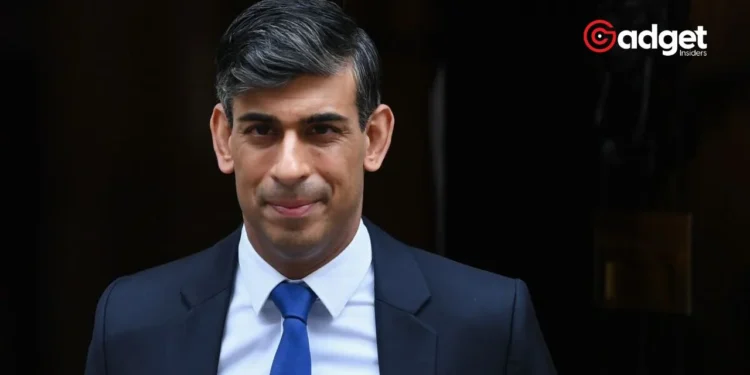In a move that could redefine the landscape of British social security, Prime Minister Rishi Sunak has introduced a controversial policy aimed at drastically curtailing the duration unemployed individuals can receive benefits.
According to the Prime Minister, the crux of the new legislation, part of the Conservative Party’s broader manifesto, is simple yet profound: any unemployed person failing to secure a job within a year will have their benefits entirely revoked.
This radical overhaul, described by Sunak as a bid to transform what he views as a prevailing ‘sick note culture’, is purportedly designed to prevent unemployment benefits from becoming a habitual ‘lifestyle choice.’

The Drive Against ‘Lifestyle’ Welfare
Citing a mix of financial necessity and moral imperative, Sunak’s agenda targets over 420,000 individuals currently classified as sick or disabled, requiring them to seek employment.
Official figures spotlight a pressing issue: nearly half a million able-bodied citizens have been jobless for six months or more, with a significant portion remaining unemployed for over a year despite nearly one million job vacancies. The Prime Minister argues that there’s “no reason those people should not be in work,” emphasizing that entering the workforce could increase individual earnings by an average of £7,000 annually.

Sunak’s strategy is underpinned by his belief that engaging in work can enhance both mental and physical health. He asserts, “We don’t just need to change the sick note, we need to change the sick note culture so the default becomes what work you can do – not what you can’t,” a sentiment he expressed during a recent event hosted by The Centre for Social Justice.
Prime Minister should focus on the NHS, not demonise those too sick to work, says UNISON
"The Prime Minister has promised and failed to cut NHS waiting lists," UNISON general secretary Christina McAnea on PM Rishi Sunak's proposals on welfare reform.
"Worse still, his… pic.twitter.com/Reiaj7sadt
— UNISON – UK's largest union (@unisontheunion) April 19, 2024
Controversy Surrounds UK Policy Shift on Disability Benefits
The initiative has sparked a fierce backlash from several quarters, particularly disability charities. They argue that the changes pose a “full-on assault on disabled people,” potentially overlooking the complex realities faced by those with chronic illnesses or mental health conditions.
Mental health, notably conditions like anxiety and depression, affects nearly half of all individuals on long-term sickness benefits. The Centre for Social Justice itself notes a considerable uptick in economic inactivity due to illness post-pandemic, signaling a broader societal challenge that may not be solvable through policy changes alone.
In light of these concerns, Sunak mentioned potential provisions for “access to treatments such as talking therapies or respite care” rather than direct financial support. Yet, this shift from financial aid to services has not quelled the disquiet among advocacy groups or the general public, who fear it might strip vulnerable individuals of necessary support.

Political and Public Reactions
The policy has not only provoked concern among charities but has also been met with skepticism from the electorate. A recent survey indicates a dip in public confidence regarding Sunak’s leadership, exacerbated by his approach to pressing issues like welfare reform and crime prevention.
The PM, however, remains steadfast, linking his welfare reforms to broader initiatives aimed at tackling societal issues such as shoplifting and the abuse of retail workers, with a significant £3.3 billion pledged to combat these problems.
A Policy on the Balance
As the UK navigates this potential pivot in welfare policy, the balance between encouraging employment and ensuring support for the genuinely needy remains delicate. The coming months will likely see intense debate and scrutiny of Sunak’s welfare strategy, as it moves from proposal to practice.
Whether this reform will lead to a healthier economy and improved job participation or result in increased hardship for the most vulnerable sectors of society remains to be seen. In any case, it marks a significant moment in the UK’s social policy landscape, one that will define the legacy of Sunak’s tenure as Prime Minister.










